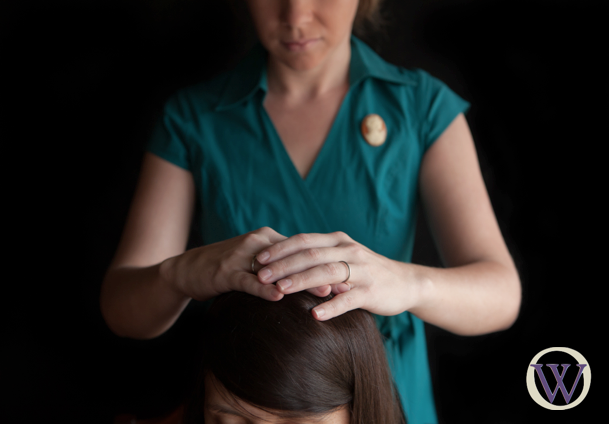I currently serve as the Relief Society President in my ward. It is a very large ward, from a geographical and demographical standpoint, and includes all of the areas in Atlanta that would be classified as inner city. There are many needs in our ward and the calling of Relief Society President is a big one to fulfill and magnify.
I am thankful that God has blessed me with gifts and talents that I use to fulfill and magnify my calling. I have also been blessed with gifted and talented counselors. At the risk of sounding prideful, I think we do an excellent job. However, I think we could do so much more if we were ordained.
Let me be clear. I do not want ordination to put another set of letters or credentials behind my name. I have enough of those. I do not want ordination to put a title in front of my name – Ms. Roberts or Sister Roberts will do just fine. I do not want ordination because I think I somehow deserve it. I do not want to be ordained because I do not have enough to do. No, I want to be ordained and I have received confirmation that my desire to be ordained is in keeping with divine will because it has been revealed to me that every act of administering, ministering, and service I perform or oversee or delegate in connection with my calling would be greatly enhanced if I had priesthood authority, power, and keys.
On paper, women make up about 51% of our ward. In terms of active members, however, women make up about 67% of that group. Many of those women are single mothers. Under the current structure, there are simply not enough active priesthood holders in our ward to meet the needs.
In my role as Relief Society President, sisters often come to me for spiritual guidance. As they are confiding in me, I often receive the impression that they need a blessing. There have also been so many times when I receive a call about a sister in distress, who is in need of a blessing. While I may minister to that sister’s physical or temporal needs, I cannot provide that blessing. I may pray for that sister and I know that my prayer is heard, but my prayer, as heartfelt and fervent as it may be, does not fulfill that prompting I received; nor does it have the same ritual and reassurance that God is speaking through me to address her need.
Most of those sisters are unmarried and have no priesthood holders in their homes. In addition, many of those sisters do not have an established relationship with their home teachers, because they have recently moved into the ward and not been assigned home teachers or because scheduling conflicts have prevented them from connecting with their home teachers. I probably spend a good portion of my day coordinating with male priesthood holders to come and administer blessings when if I was ordained to the priesthood, I would be able to go ahead and administer those blessings. We believe that God has established a house of order. Does it seem to be in keeping with divine will that that so many people have to be involved to complete this task and administer to a sister in need?
In the confines of my previous faith history, I could have and would have blessed that sister. In the LDS Church of the late nineteenth century and early twentieth century, I would have had the authority to and would have blessed that sister. However, under the current structure, even though I may be just as faithful and as worthy as my sisters in the past were, l do not have the authority to bless that sister. So her pain, her distress, and her anguish have to continue until I can find not just one, but two male priesthood holders to bless her. I ask you again, is that situation in keeping with divine will?
I love my calling. I love the sisters who serve as my counselors. I love the sisters in the ward and am honored that I have been called to serve them. I have a strong desire to serve them. However, gender still trumps everything, including my desire and willingness to serve and my gifts and my talents, and because of my gender, I am limited in my ability to serve and minister to my sisters. Oh, if I only had the priesthood!
Honoring our past,
Envisioning our future.
Bryndis Roberts, the author of this post, is the Chair of Ordain Women’s Intersectionality Committee.






